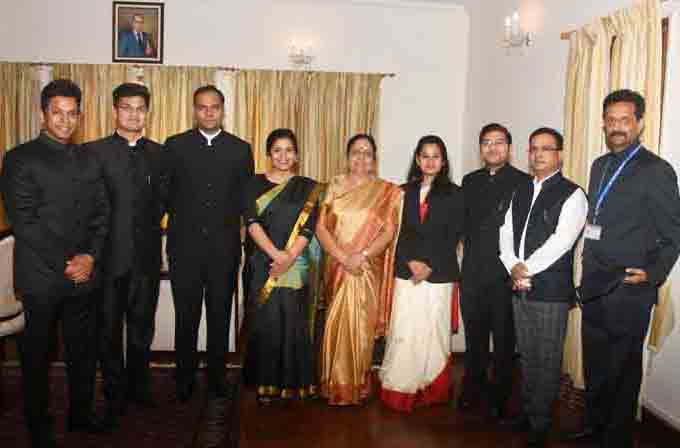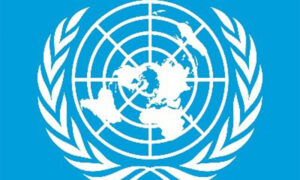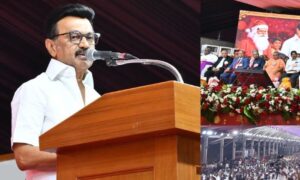
Image : Representational Purpose Only
In the “Guidelines” for decision making by all officials who exercise powers under various statutes, Rules, Regulations and state policies in a “modern democracy” , the principle of ” conflict of interest” is embedded though not so in words . It refers to what Gandhiji called his ” inner voice” that leads a person to the path of justice and righteousness beyond the guidelines or the rule book . As for instance the judges have been known to ” recuse” themselves from adjudicating a matter in which they might have a stake such as having shares of a company which is a party in a dispute. Though there is no law which debars a judge from taking part in such a case, it is her ” inner” voice– her conscience that directed her to recuse .
Thus ” inner voice– conscience” has the force of an unwritten law, a convention embedded in the Civil Servants Conduct Rules.
Most case studies in Ethics paper relate to this principle directly or indirectly ; and therefore a student should be able to identify it quickly by examining the issues. For this, one must acquire skills to extend the principle to the facts in issue of the case study. As for instance, all” inducements” such as promise of ” good postings” or smooth career progression, threats of even adverse press reports would fall in this definition and therefore warrant an appropriate ethical response. One must note that in a way it is a test of the aspirant’s value systems, his idea of justice and the role of the civil service, and ability to analyse a situation keeping in view the role of the civil service as the state agency to deliver” administrative justice” by proper enforcement of administrative laws. This crucial role of the civil service is not captured in the three letters- I.A.S.s since the word ” administrative” may be interpreted narrowly to mean implementation without stressing the ” delivery of justice” part of the duties of the IAS and other central and state civil service officials when they administer laws affecting the lives of citizens.
In conclusion, one may note that Plato’s idea of the ” philosopher king” and Aristotle ‘s conviction that state is the ” noblest institution” created without which a civilised existence is not possible are founded on the idea of justice. The civil service is the instrument of the organised political society , namely, the state, to deliver the same which can only secure the citizen’s faith in the institutions of governance. The current turmoil in Sri Lanka is an instance of a ” failing state” compounded by failures of civil service and institutions of governance.
[the_ad id=”41103″]


















